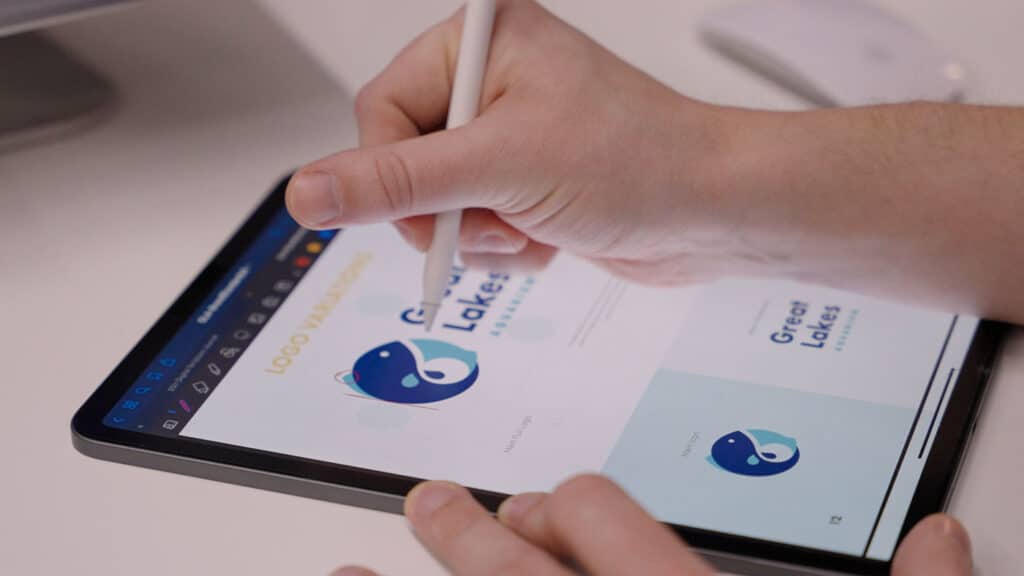Culture likes to amplify the traits of it’s major influencers. Characters like Miley Cyrus, Kanye West, Stephen Colbert and Barack Obama are heroized or villainized based on their latest behavior. These extremes cause such polarizing views on the famous. One could go from global protagonist to antagonist in an hour.
This view on people isn’t healthy. It creates a distortion of truth that doesn’t allow for real trust. I love you but only until you do one thing wrong and then I will hate you.
Once I met one of my favorite musicians, Jon Foreman. I was backstage at a festival and he was walking by. I don’t even know if I finished my sentence of appreciation paired with a handshake when he said “Thanks for listening,” and kept walking. I don’t know what I would have even said if he had stopped, but it was still a bit of a bummer.
I told a friend of mine who (slightly sarcastically) came to the conclusion that he is a jerk. She said it didn’t instantly put him in the antagonist category but it made her worried that something like that could be true.
All of us (hopefully) see ourselves for the blend we are of good & bad intentions and good & bad actions. We can strive for perfection but we will fall short whether others see it or not. Inevitability at it’s truest.
Covering up your mistakes will only delay that impression. Like a rubber band gun stretching until your finger slips and you hit someone in the eye.
The most recent example in today’s context is that Phil guy from Duck Dynasty. Don’t worry, I’m not going to add anything to a pot that is already too spicy. But it is clear to see the impact that one statement had on how he is perceived. There are people on both sides fighting for or against.
The problem isn’t necessarily in those single actions of one person but in the way that the audience interprets it. Because of the surrounding influences, they jump to the conclusion that that person is all good or all evil.
Value Values.
That sounds like a stupid sentence. But it’s critical. Companies throw around buzzwords as if merely mentioning them will convert people. But those values need to permeate through everything as true motivation for what they do. You can only mislead customers for so long before they catch on to your real intention.
Design with authenticity.
There is truth about your client or company and there are ways to show it. Covering it up won’t help anyone in the long run. Honesty is key to any relationship. The more a customer feels like they are being lied to, the less they trust. And with entire aisles of paper towel or vending machines of options, saturated markets allow for a lack of loyalty.
Everything from exaggerated stock photography to grunge typography leaves an impression. It says something about who you are and what people can expect from you.
When working with a client, discover what they value and how best to communicate it authentically.
We can’t avoid mistakes. We know this is true. So instead of trying to pretend we’re something we’re not, be open and let your audience joyfully help you learn.
What do you think? Is this true for your own work?

